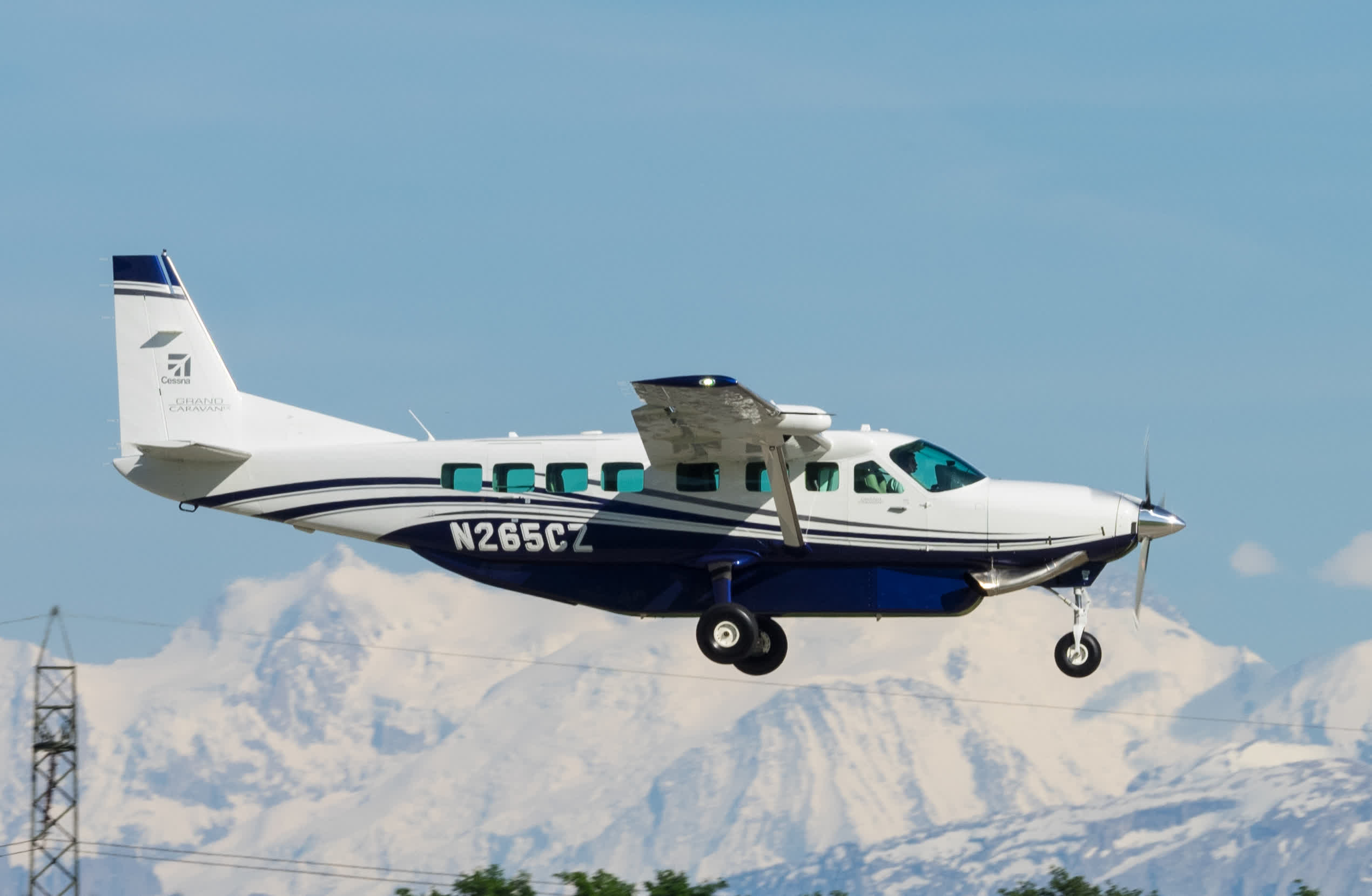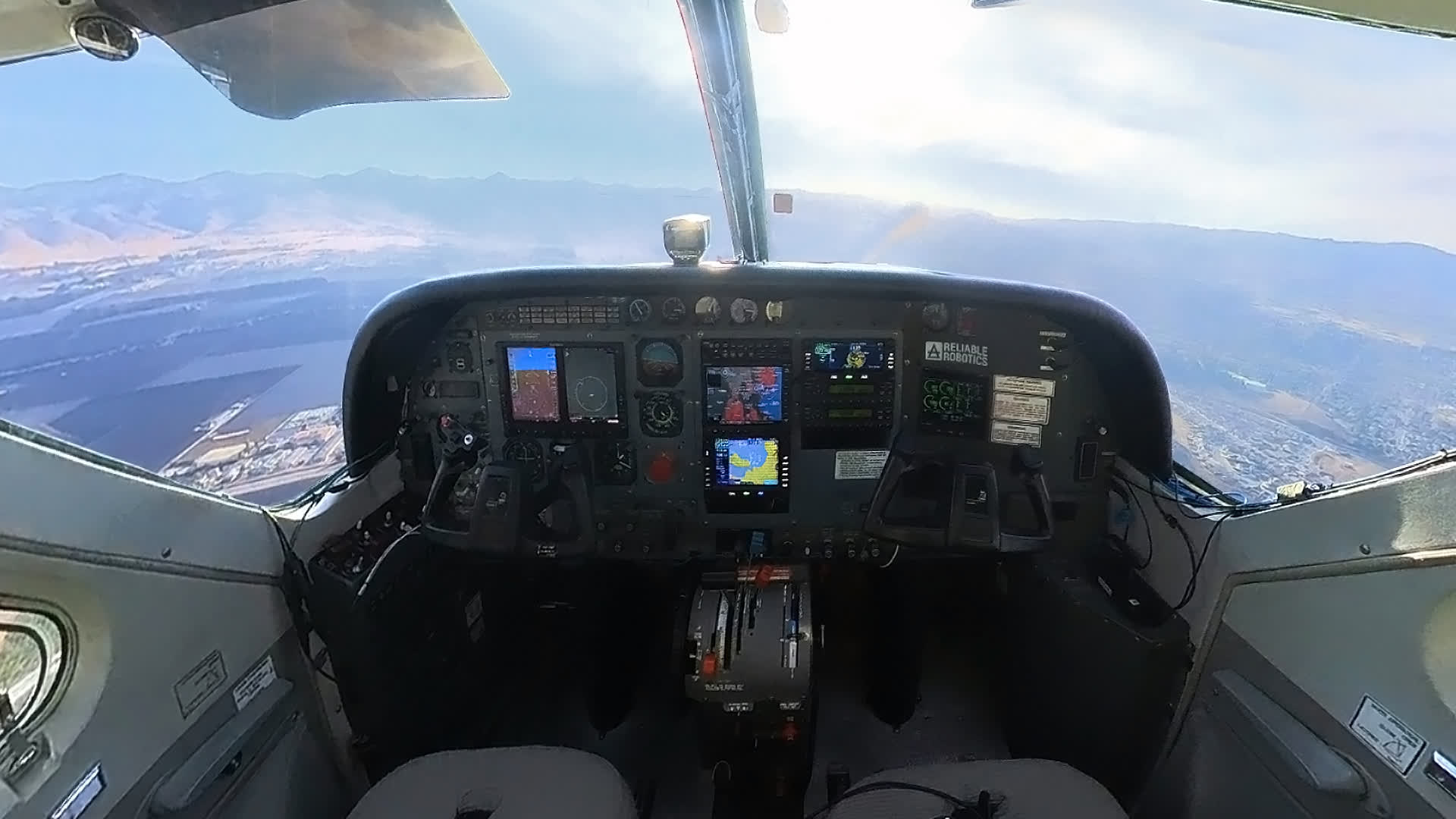Why it matters: A Silicon Valley aviation company recently completed a successful flight of a Cessna 208B Caravan cargo plane autonomously. The historic flight took place on November 21 but flew under the radar until now. The pilotless system, a creation of Reliable Robots, was retrofitted to a plane that took off from Hollister Municipal Airport and landed safely roughly 12 minutes later with nobody aboard.
The taxi, the takeoff, the cruise, and the landing were all done autonomously, said commercial piolet and Reliable Robots engineer Danah Tommalieh. A pilot did supervise the flight, but was located some 50 miles away at Reliable's control center.
Reliable Robots collaborated with the plane's manufacturer, Textron Aviation, to outfit it with all of the requisite hardware and software for full autonomy. The platform agnostic system also features multiple layers of redundancy for safety's sake, and is said to be able to avoid controlled flight into terrain (CFIT) and loss of control in flight (LOC-I), which collectively account for most aviation fatalities.

Textron Aviation is well known in the aviation community as the manufacturer of Cessna, Beechcraft, and Hawker branded aircraft. The Cessna 208B Caravan is one of the world's most popular turboprop utility aircraft with more than 3,000 units having been delivered to date. It can carry over 3,000 pounds of cargo and can utilize shorter runways, making it ideal for transportation of time-sensitive, same-day and next-day shipments. Eventually, the system could even find its way to passenger flights and give travelers more flexibility when booking a flight.
Back in October, Reliable announced it was working with the US Air Force to determine how its autonomous flight control system could work in large multi-engine military craft like the KC-135 Stratotanker refueling jet to increase utilization and reach near continuous operation without having to worry about concerns like crew repositioning.
According to a report from The Independent, Reliable Robots is seeking FAA certification for its system and hopes to start testing on larger cargo aircraft in the future.
